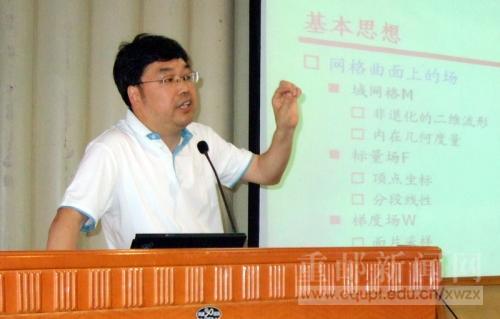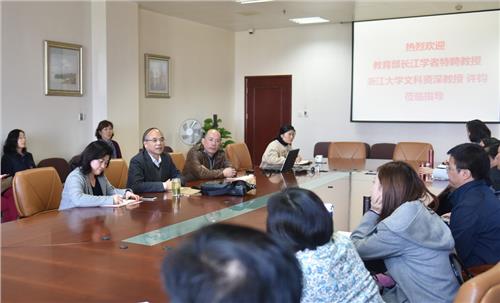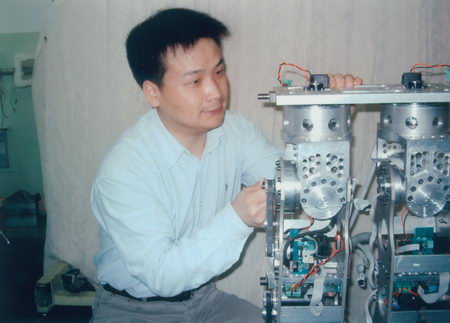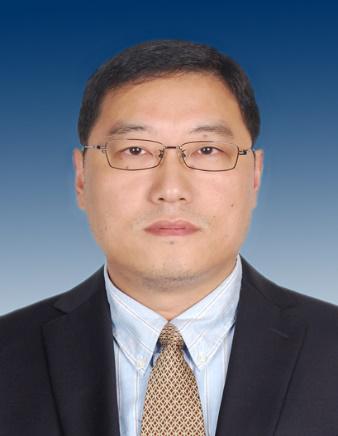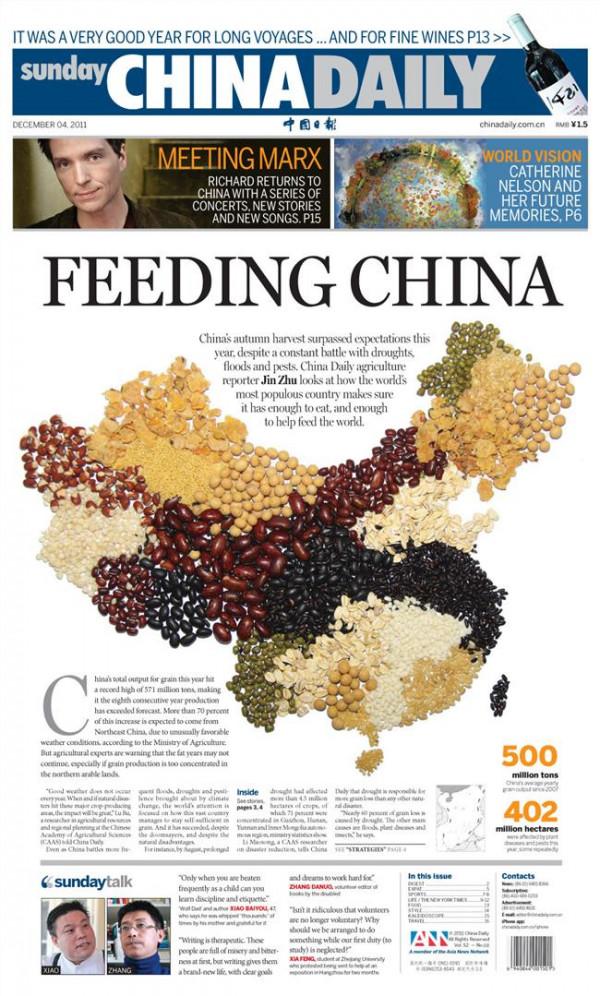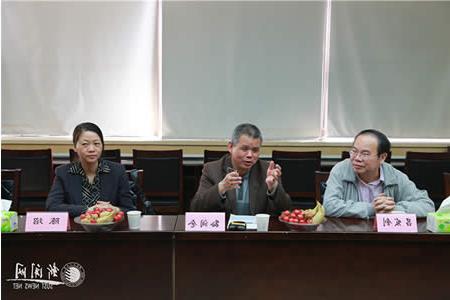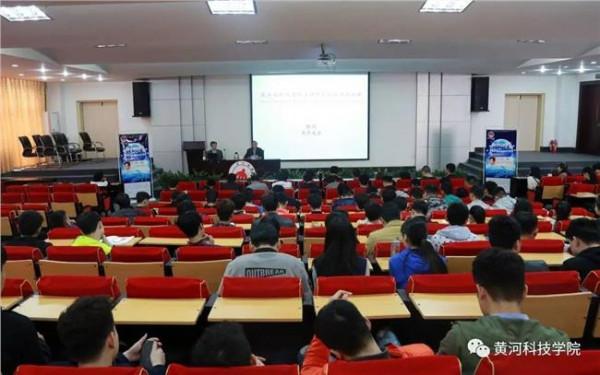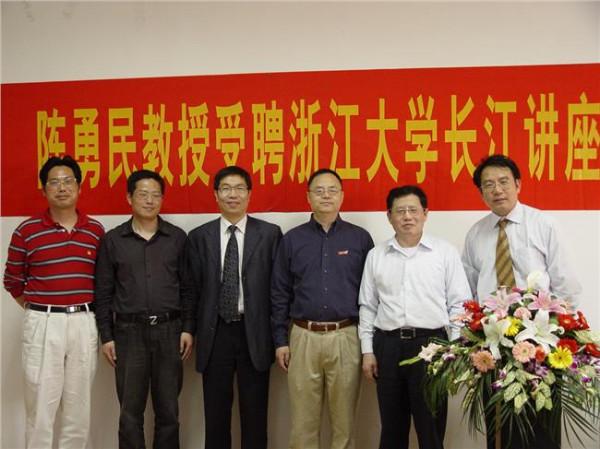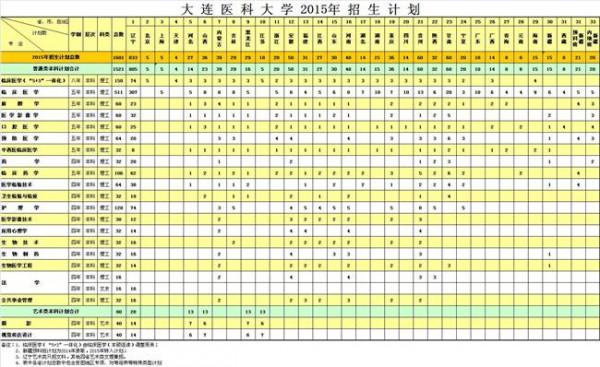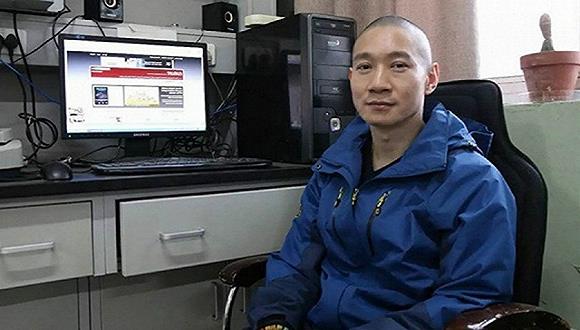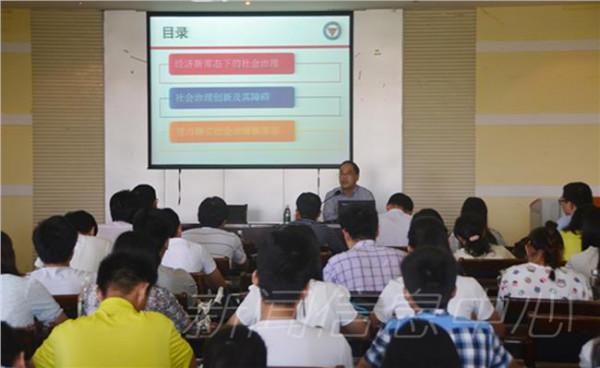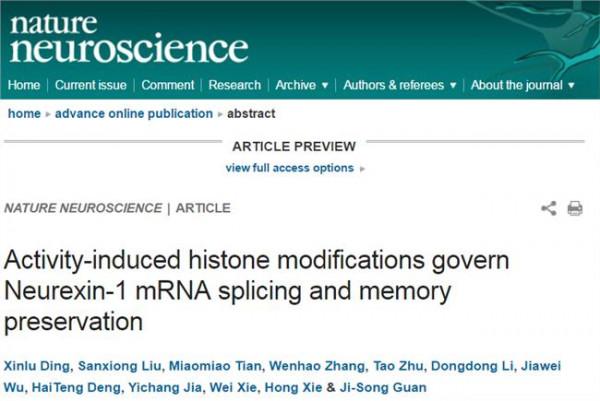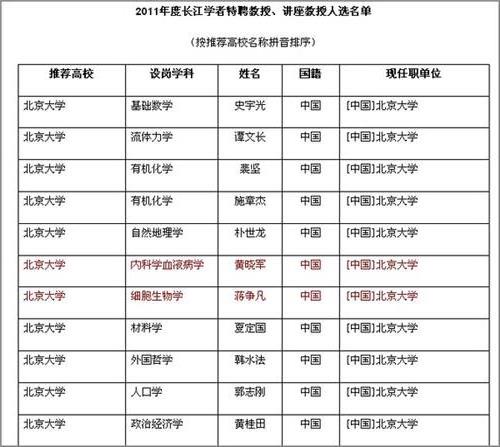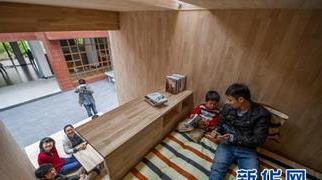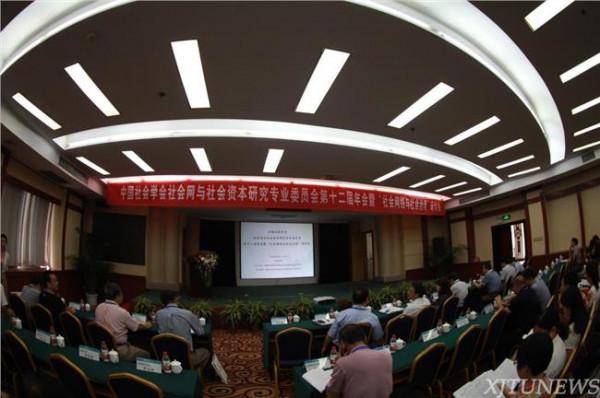浙江大学长江学者最新pnas文章
生物通报道:近期H7N9人感染禽流感事件令相关疫苗的研发呼声越来越高,来自浙江大学,军事医学科学院微生物流行病研究所等处的研究人员提出了一种结合遗传技术与生物矿化的组合新方法,这种方法将有助于提高疫苗的热稳定性和有效性,未来也许将在疫苗研发过程中扮演重要的角色。
这一研究成果公布在《美国国家科学院院刊》(PNAS)杂志上,文章的通讯作者为浙江大学“长江学者奖励计划”特聘教授唐睿康,以及军事医学科学院微生物流行病研究所秦成峰研究员。
随着近期H7N9人感染禽流感事件的逐渐升温,公众对于流感传染病疫苗的关注度增大,最新消息指出,世界卫生组织发表声明说全球尚无国家或地区生产H7N9禽流感疫苗,世卫组织流感合作中心正在研发一种可能用作疫苗的病毒,有望在几周内问世。
传染病疫苗的发展是医学科学史上最重要的贡献之一。但是由于疫苗的热不稳定和某些疫苗的效率不佳,这些已有疫苗的疾病依然每年都会夺去数百万人死亡。
在这篇文章中,研究人员通过人类肠病毒71型疫苗株作为模型,提出了一种能改善疫苗热稳定性和活疫苗免疫原性的组合设计方法,这种方法能利用疫苗自我生物矿化(self-biomineralization)作用,提高其稳定性和预防疾病的作用。
生物矿化是指由生物体通过生物大分子的调控生成无机矿物的过程。与一般矿化最大不同在于有生物大分子生物体代谢、细胞、有机基质的参与。研究人员将仿生核肽(biomimetic nucleating peptides)通过反向遗传学技术整合到肠道病毒71型衣壳上,这样就能在生理条件下将磷酸钙矿化引入到疫苗表面,获得一个矿化表壳。
这种自我生生物矿化工程病毒具有独特的结构,病毒学,和化学性质。与许多矿化物质相似,这种矿化外壳令封闭的疫苗产生了一些新特性,比如说自我矿化疫苗能储存在26℃下超过9天,在37℃下能保存约1周的时间。
研究人员通过体内体外实验证明,这种工程疫苗在热处理和环境温度储存后,依然能有效地产生预防疾病的作用,这也就减少了对于冷冻环境的依赖。
这项研究提出了一种将遗传技术与生物矿化结合起来的新方法,这将有助于减少目前疫苗生产过程中的成本,尤其适用于缺乏昂贵的制冷基础设施的发展中国家。(生物通:张迪)
Rational design of thermostable vaccines by engineered peptide-induced virus self-biomineralization under physiological conditions
The development of vaccines against infectious diseases represents one of the most important contributions to medical science.
However, vaccine-preventable diseases still cause millions of deaths each year due to the thermal instability and poor efficacy of vaccines.
Using the human enterovirus type 71 vaccine strain as a model, we suggest a combined, rational design approach to improve the thermostability and immunogenicity of live vaccines by self-biomineralization.
The biomimetic nucleating peptides are rationally integrated onto the capsid of enterovirus type 71 by reverse genetics so that calcium phosphate mineralization can be biologically induced onto vaccine surfaces under physiological conditions, generating a mineral exterior.
This engineered self-biomineralized virus was characterized in detail for its unique structural, virological, and chemical properties.
Analogous to many exteriors, the mineral coating confers some new properties on enclosed vaccines.
The self-biomineralized vaccine can be stored at 26 °C for more than 9 d and at 37 °C for approximately 1 wk.
Both in vitro and in vivo experiments demonstrate that this engineered vaccine can be used efficiently after heat treatment or ambient temperature storage, which reduces the dependence on a cold chain.
Such a combination of genetic technology and biomineralization provides an economic solution for current vaccination programs, especially in developing countries that lack expensive refrigeration infrastructures.
唐睿康个人简介浙江大学化学系教授(2005年)、教育部“长江学者奖励计划”特聘教授(2006年)及“香港王宽诚教育基金会”讲座教授(2007年)。
南京大学基础学科教学强化部理学学士(1995年);
南京大学化学化工学院无机化学专业博士(1998年)。
《无机化学学报》及《Frontier of Materials Science in China》编委;第四届亚洲生物矿化研讨会***。
